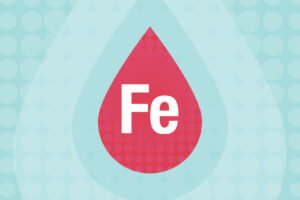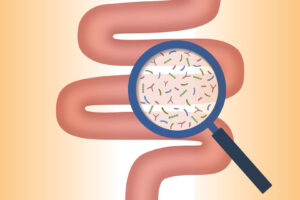The New Jersey Department of Health reported last year that more than seven percent of the people in our state have been diagnosed with diabetes. And another 190,000 people have diabetes but have not yet been diagnosed. Three categories of New Jerseyans are at highest risk – people who are obese, over age 45 and minorities.
These days, you don’t have to look far to find someone living with this chronic disease. Most people are familiar with the most common warning signs of diabetes – chronic thirst and hunger, extreme fatigue, blurred vision, injuries that are slow to heal, unexplained weight loss, and hand and feet numbness. But many aren’t aware of lesser known symptoms which can also set off warning signals that it’s time to get checked out by your doctor.
Three more pre-diabetes or diabetes warning signs
The symptoms below can suggest other medical issues, which can delay proper medical intervention. Left undiagnosed, the condition can become considerably more serious when left untreated:
- Skin tags
Researchers found people with diabetes and insulin resistance are more likely to have multiple skin tags which are small flaps of soft, hanging skin that can be clear or brown in color.
- Gestational Diabetes
Five to 10 percent of mothers who had gestational diabetes will be diagnosed with type 2 diabetes after the baby is born and 20 percent to 50 percent will be diagnosed during the next 10 years. Giving birth to a large baby (over 9.5 pounds) also puts you at risk.
- Acanthosis Nigricans
This condition, associated with insulin resistance, is characterized by a dark velvety rash around the neck, armpits or groin which may have an unpleasant odor. It is most common in Blacks and Hispanics.
In addition, if you have high blood pressure greater than 140/90, you should talk to your doctor about being screened for diabetes or pre-diabetes.
How do I find out if I have diabetes?
Diabetes in its early stages has no symptoms but can do considerable damage the longer it goes untreated. Diagnosing it involves testing for higher-than-normal levels of blood sugar. Unfortunately, you cannot feel your blood sugar levels rise. The only way to know whether you have pre diabetes or diabetes for sure is to get a blood test.
If you already have diabetes, I recommend talking with your doctor and evaluating your cholesterol levels, checking blood pressure and undergoing regular eye and feet exams.
CentraState Medical Center’s Novo Nordisk Diabetes Center is recognized by the American Diabetes Association for meeting the national standard in diabetes education. Offering comprehensive preventive, diagnostic and disease management, the program is open to children, adults and seniors. To learn more about the Center, including upcoming free glucose screenings and pre-diabetes classes, visit centrastate.com/healthprograms or call (732) 308-0570.
To find a family doctor trained in diabetes treatment and management near your home or place of work, contact CentraState’s Physician Finder at 866-CENTRA7 (866-236-8727) or find a physician online.
 Marc Feingold, MD is a board-certified family care physician on staff at CentraState Medical Center and a consulting physician at the CentraState Diabetic Education Program. He also specializes in treatment of hypertension, lipid disorders and diabetes. For appointments and more information, call 732-536-8008.
Marc Feingold, MD is a board-certified family care physician on staff at CentraState Medical Center and a consulting physician at the CentraState Diabetic Education Program. He also specializes in treatment of hypertension, lipid disorders and diabetes. For appointments and more information, call 732-536-8008.





